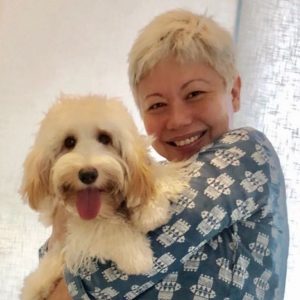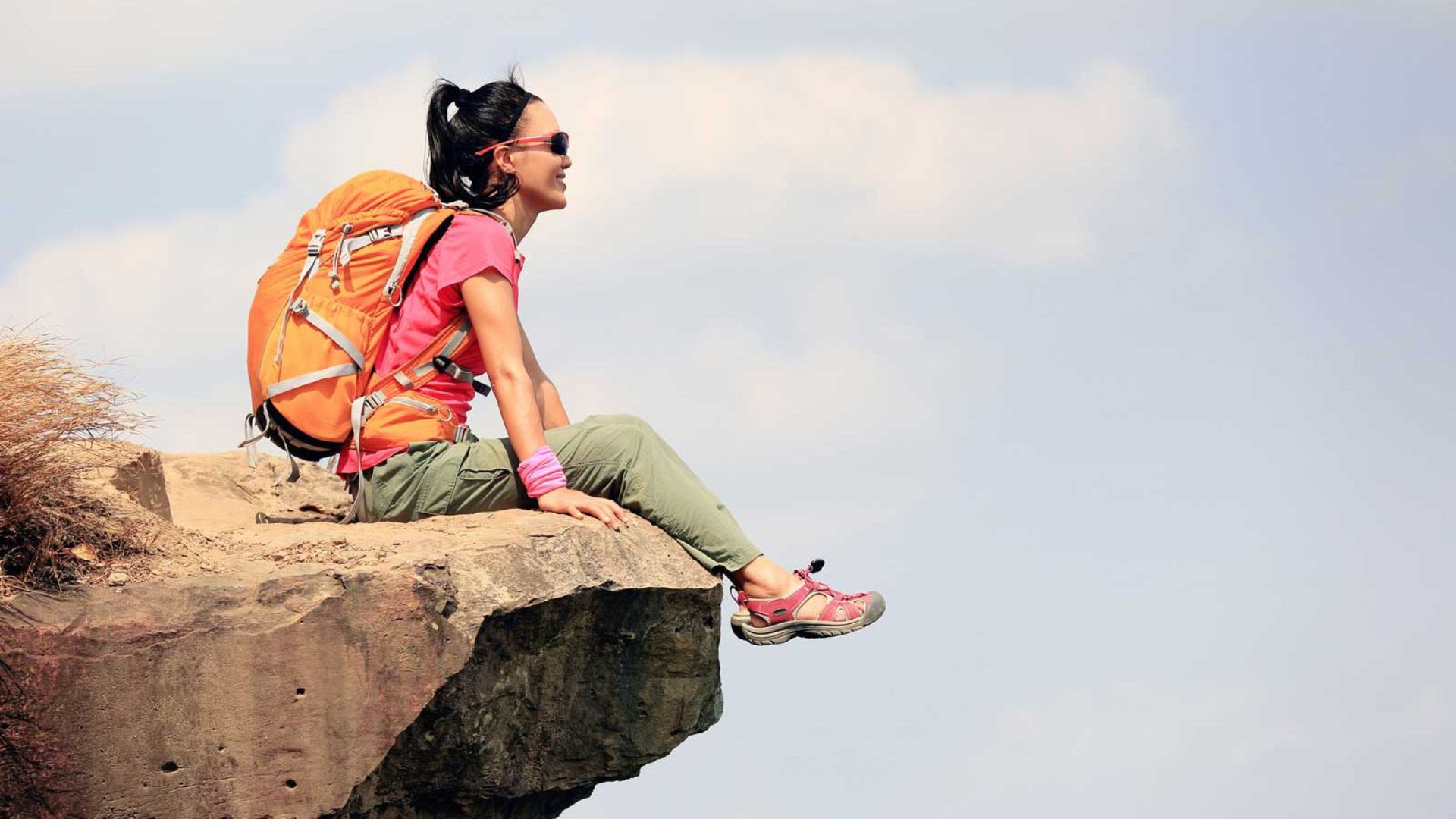The lives of Singaporeans have been well mapped out — from birth to the time they go to school, from graduation to getting their first job, from getting married to having their first grandchild.
Some may even say they are not for wanting, yet questions have been raised whether Singaporeans have the freedom to plot their personal growth journey and self-care.
“The question is more whether people recognise that their life’s narrative is for them to write up,” says political watcher and law lecturer at the Singapore Management University (SMU) Eugene Tan.

From independence in 1965 when Singapore was a third world country without any natural resources, the island republic achieved First World status after just 30 years of rapid and almost uninterrupted economic growth.
It is no wonder that Singapore, with a land area of about 0.9 times the size of New York City, has been called the 20th century’s most successful development story. Even the late conservative economist Milton Friedman described it as an example of how to do development right.
“If you compare the conditions of people in a place like Singapore with the conditions of people in a place like red China or for that matter Indonesia, you will see that the economic freedom is a very important component of total freedom,” he said on Free to Choose, an American TV series first broadcast on PBS in 1980.
That credit went to founding Prime Minister of modern Singapore Lee Kuan Yew, known for his political pragmatism during his governance. Singapore is considered an authoritarian administration by the West and the “autocratic Mr Lee” one of the best leaders in the world and was revered as a statesman. He proved that an autocratic government can rule for the greater good.
To quote the Financial Times’s obituary for Mr Lee, Singapore has become the poster child for “the concept of good governance”.
“I believe the good governance here has meant that people’s life chances in Singapore are as good as it can be for them. What this means is that whatever meaningful path people take, they are more likely to get to their destination in the best way possible,” Dr Tan says.
“But in life you cannot just follow one trajectory,” says former Nominated Member of Parliament (NMP) Anthea Ong.
Is continuous meritocracy the key to balancing economic integration and personal freedom to choose?
She says there is a lot of social conditioning that Singaporeans take as the only narrative that is going to make them successful, and allow them to find their place in society.
“This is where the ambiguity of life comes in and yet our human psychology is always pushing us to certainty. So this trajectory with clear markers along the way, is not in and of itself wrong. It could be a direction which so many people have gone on to that it has become a perceived reality,” she says.
Perhaps the issue here is that all the markers that guided Singaporeans to what is deemed success are all material markers.
A 2016 Civil Service College (CSC) paper titled Economic Development and Social Integration: Singapore’s Evolving Social Compact quoted the late Deputy Prime Minister Goh Keng Swee who said, “The creation of wealth, which is what economic development is about, is basically a simple process. All it requires is the application of modern science and technology to production, whether in agriculture, mining or industry… What is more difficult to achieve is a social and political order that enables development to take place.”
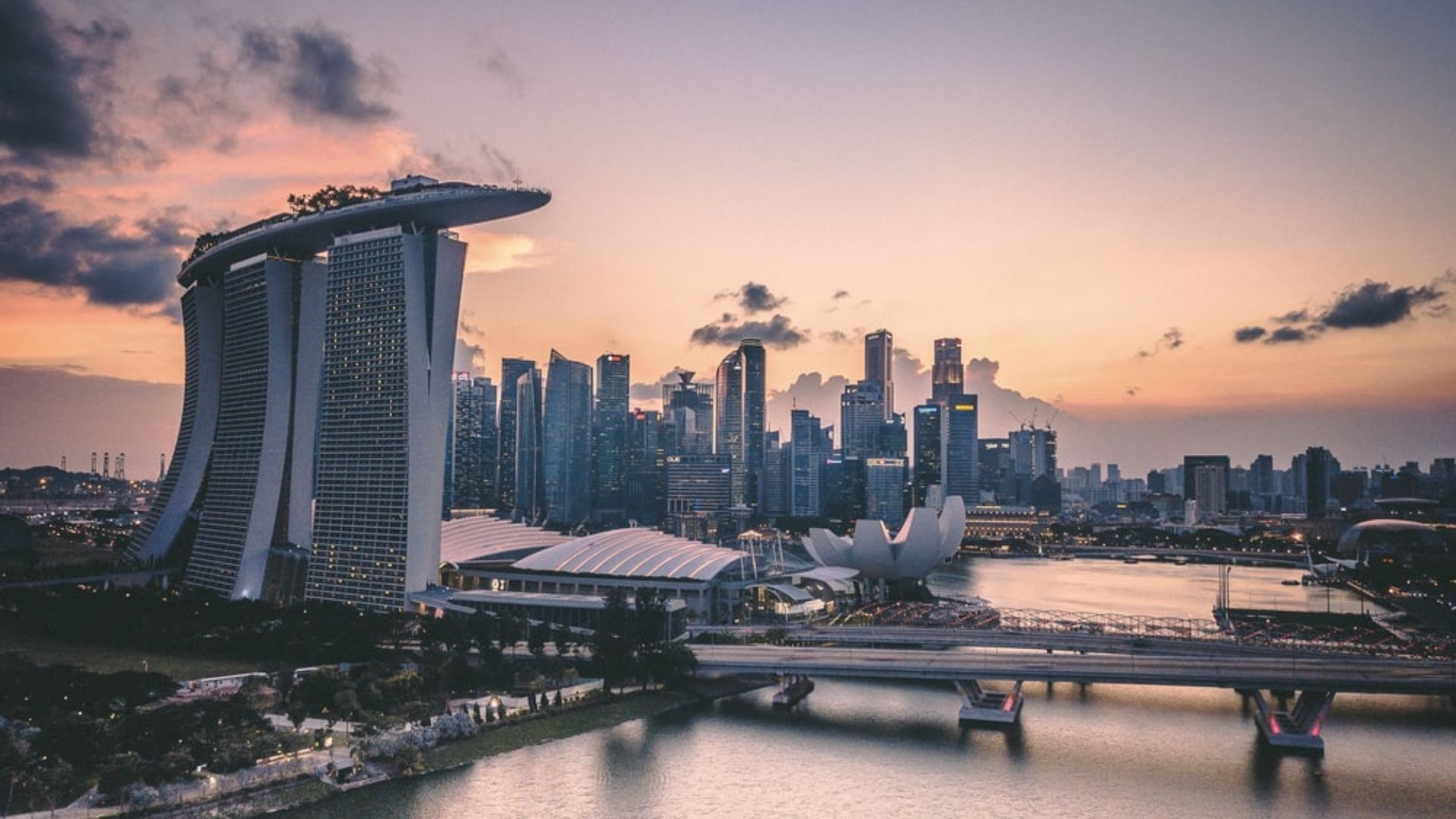
The article written by Senior Researcher at the CSC Centre for Governance and Leadership Soh Tze Min said public assistance was kept low to encourage self-reliance and effort, while the Government would “provide all its citizens with the same opportunities to make the best that they can of their available talents, … skills and abilities to rise to the position for which they are best fitted”.
On not following just one trajectory in life, Ms Ong says, “We were so successful in creating those economic material markers of success that (we) use the same approach towards how we look at our fellow Singaporeans. … Now let’s try reframing some of these markers into human-centred markers — use your social connections, the way you relate, the quality of your relationships, the kind of difference that you make in your community. I think we should look at those, instead of the biggest title we can go within an organisation, the biggest house you can buy or the number of houses or properties that you can own,” Ms Ong says.
Freedom to choose for your own life: Does it even exist?
She adds that she is not judging material markers as being “wrong” and believes wholly that those who have done well on merit through the Singapore system have an obligation to give back to the society that enabled them to succeed.
“I do have very good friends, whom I love dearly, who are still successful because of these markers and I’ve actually given them time to think deeper about who they want to be and because of their material success, they’d be able to bring along their resources to help in the various projects that I’ve initiated,” Ms Ong says.
Ms Ong, who started her professional career “as an indefatigable corporate star”, became general manager at the firm by 25, and managing director of the Jakarta office by 27. Itching for new challenges, she started her own IT business in 2002 but in 2006, a messy divorce and series of lawsuits left her with a failed business, $16 in her bank account and “broken into so many pieces”.
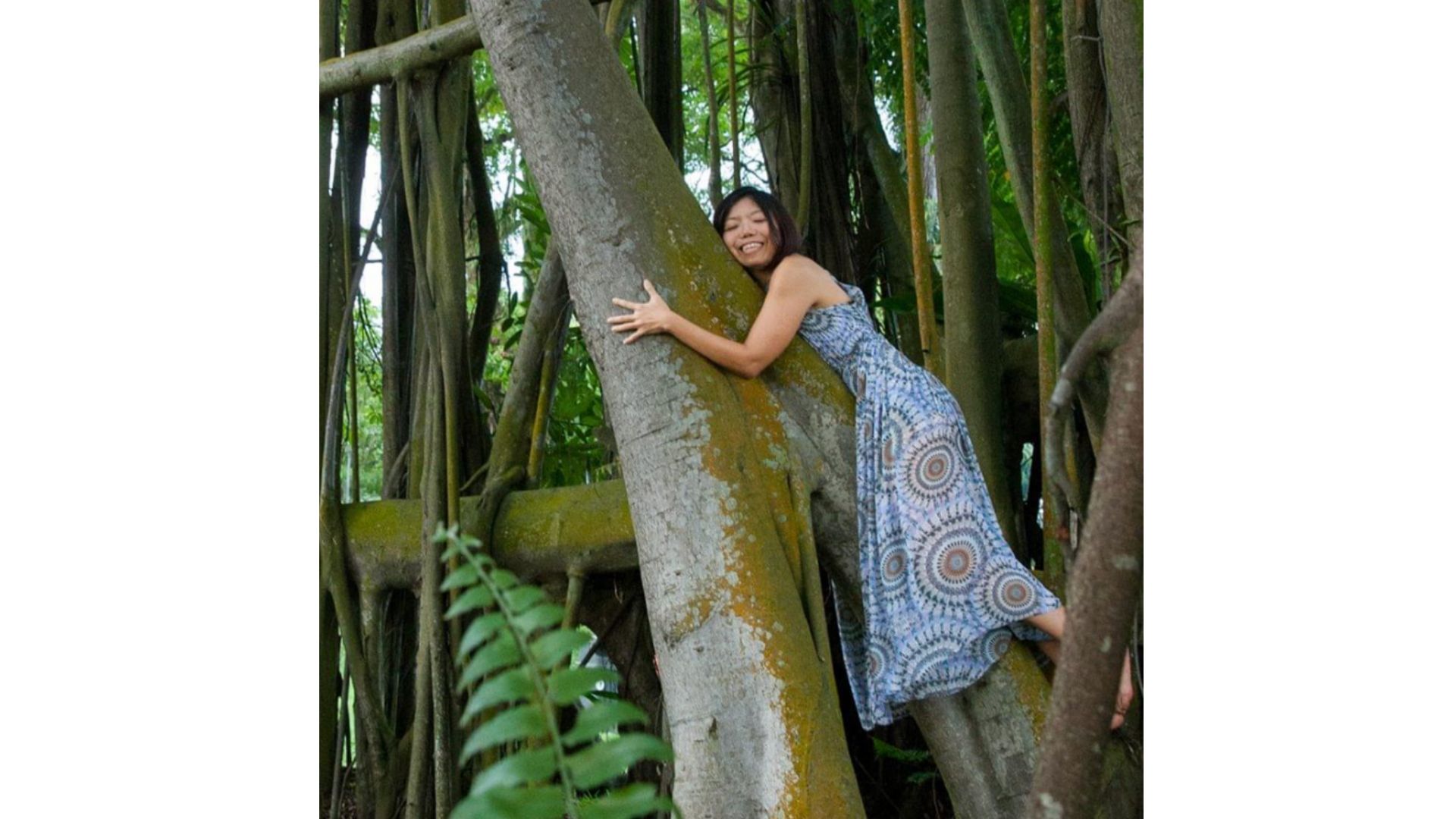
She tells TheHomeGround Asia she had the freedom to choose between despondence or life, and she picked the latter. Today, she juggles being a life coach, yoga instructor, and driver of several social causes. In the past few years, she started several social initiatives, such as Circle of Bliss which organises meditation sessions; Yoga-on-Wheels that provides free yoga classes to the needy, including migrant workers and domestic-abuse survivors; and Hush TeaBar, Singapore’s first silent tea bar that aims to bring self care and social inclusion to every workplace and community, with a cup of tea.
For mental health issues, Ms Ong’s personal crusade, she works with a community of mental health advocates and researchers at SG Mental Health Matters to engage the public, listen to all voices on mental health and wellbeing to contribute to mental health policies and advocacy efforts to build a mentally healthy Singapore.
She also gathered her friends from the C-suite and formed Work Well Leaders, the only non-profit collective of CEOs and leaders here. Ms Ong and the group champion workplace mental health and wellbeing as a strategic priority and board agenda, beyond merely a HR responsibility.
“This is also why, when I was an NMP, I used Parliament as a platform to raise some of the issues and tell the House some things needed to be transparent. … And yes, I did push for a Freedom of Information Act as well. I’m not doing it for the fact that we need to know everything but enough to make a judgement call, to choose freely for ourselves,” she adds.
In 2015, the year Mr Lee Kuan Yew died, global analytics and advice firm Gallup wrote that “despite accusations of limitations to political and individual rights, Gallup’s data continues to reflect that 80 per cent of Singaporeans are satisfied with their freedom to choose what they do with their lives, and 92 per cent are satisfied with the city or area where they live — one of the highest numbers in the world”.
Even the Secretary-General of the Workers’ Party (WP) Pritam Singh said he is free to choose.
In a members’ forum of 2019, he told members of the party what drove him to join the party “almost a decade ago” was “to contribute to an opposition that had only two elected MPs in Parliament” and it had nothing to do with a change of government.
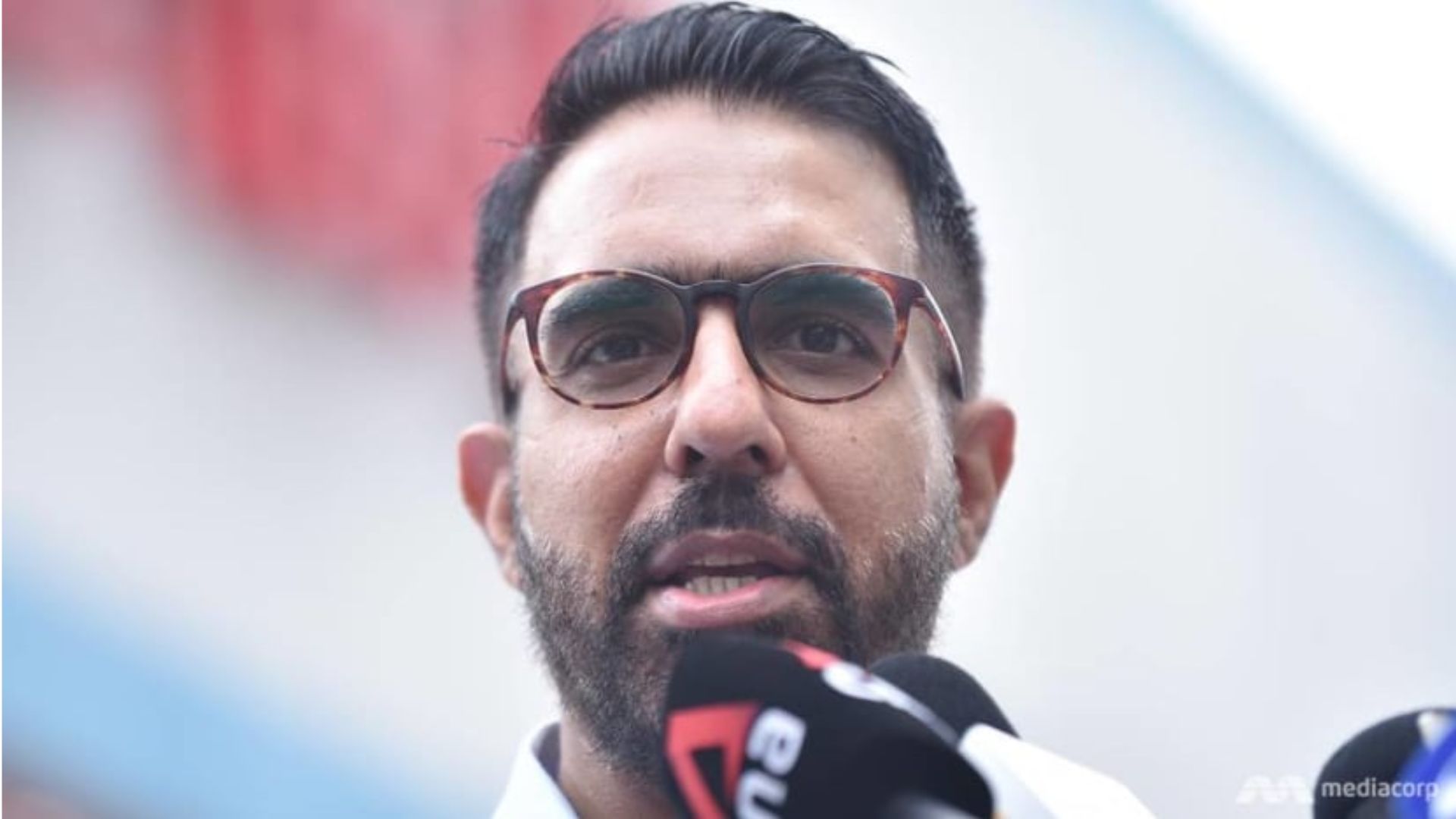
“What drove me was a desire to make sure the PAP did not have a blank cheque to govern because that is very opposite of what being a Singaporean in a parliamentary democracy is about. Equally, I did not believe that one needed to wear white to enter public service and to be of service to Singaporeans,” he said.
But the liberal West continues to believe that Singapore’s “authoritarian government” stifles the fundamental freedoms of its people and human rights groups such as Civicus and FORUM-ASIA calling the government to address the gaps in civic freedom.
Dr Tan says such “observations” and calling out that “Singaporeans are often led by the nose” is mostly a Western one.
“I regard it as a caricature of Singaporeans to say that we are ‘led by the nose’. Instead, the critics are led by the noose, yes,noose, of their own stereotypes and prejudices and of simplistic generalisations of Singapore and her people,” he says.
“Singaporeans have significant trust in their leaders and the public institutions but that doesn’t mean they suspend their judgement and have no views of their own. This trust and confidence in the government is not common in many parts of the world and so some foreign observers may regard our state of affairs as an aberration. Thus, the use of simplistic labels that do not enlighten at all and, worse, are inaccurate. In other words, they are none the wiser,” he adds.
Dr Tan says the government, playing a big part in the life of its people, is not necessarily a patriarchy.
“The key question is whether the governance and the government work? Patriarchy is but yet another one of those lazy labels used to try to explain certain things which the person proffering the explanation does not really understand. Patriarchy occurs not so much when the government takes the lead; instead, it is present when Singaporeans blindly allow themselves to be ‘led by the nose’ by false prophets and political entrepreneurs. Trust in the government is not patriarchy where it is earned and justified. There are different styles of government that work well across the world. Every society has to find what works best for them,” he says.
Choosing your own version of success
The question still remains: Can freedom to choose how Singaporeans lay their paths in life exist in Singapore when it seems like everything is mapped out for everyone still?
Dr Tan says it is certain that “we still have agency, autonomy, and choice to choose the sort of lives we wish to lead under the Singapore sun.
“In some aspects of life in Singapore, there are often the expectations of things being mapped out: whether it is our education system, national defence, housing policy, economic development. These expectations exist because a collective effort is needed for them to work and because we are the direct beneficiaries if their policies and institutions work. But, if they don’t, then society will have to bear the negative consequences,” he says.
Ms Ong says perhaps a little bit of courage is needed to do just that, after having our lives “mapped and directed”.
“We cannot be courageous if we are not willing to be vulnerable and to be vulnerable you have to bare yourself. You cannot be armed all the time and believe that nothing goes wrong and that you are perfect. Then you are not courageous,” she says.
“Then if we use too much of our heads, it’s very hard. People say that logic and compassion are mutually exclusive. If you think like that then jialat (Hokkien for sapping energy, Singlish for terrible). Instead, you have to think ‘and’ and not ‘or’,” Ms Ong says.
“Yet, where our personal lives are concerned, no government can map them for us (forever). To be sure, we have to operate within certain policies and institutions only because no man is an island, and society cannot function well if we operate as though our actions have no consequence on people around us,” Dr Tan says.
After all, it was modern Singapore’s founding father who said, “We have to live with the world as it is, not as we wish it should be.”
RELATED: Social media and the government: Tango for transparency and accountability
Join the conversations on TheHomeGround Asia’s Facebook and Instagram, and get the latest updates via Telegram.
